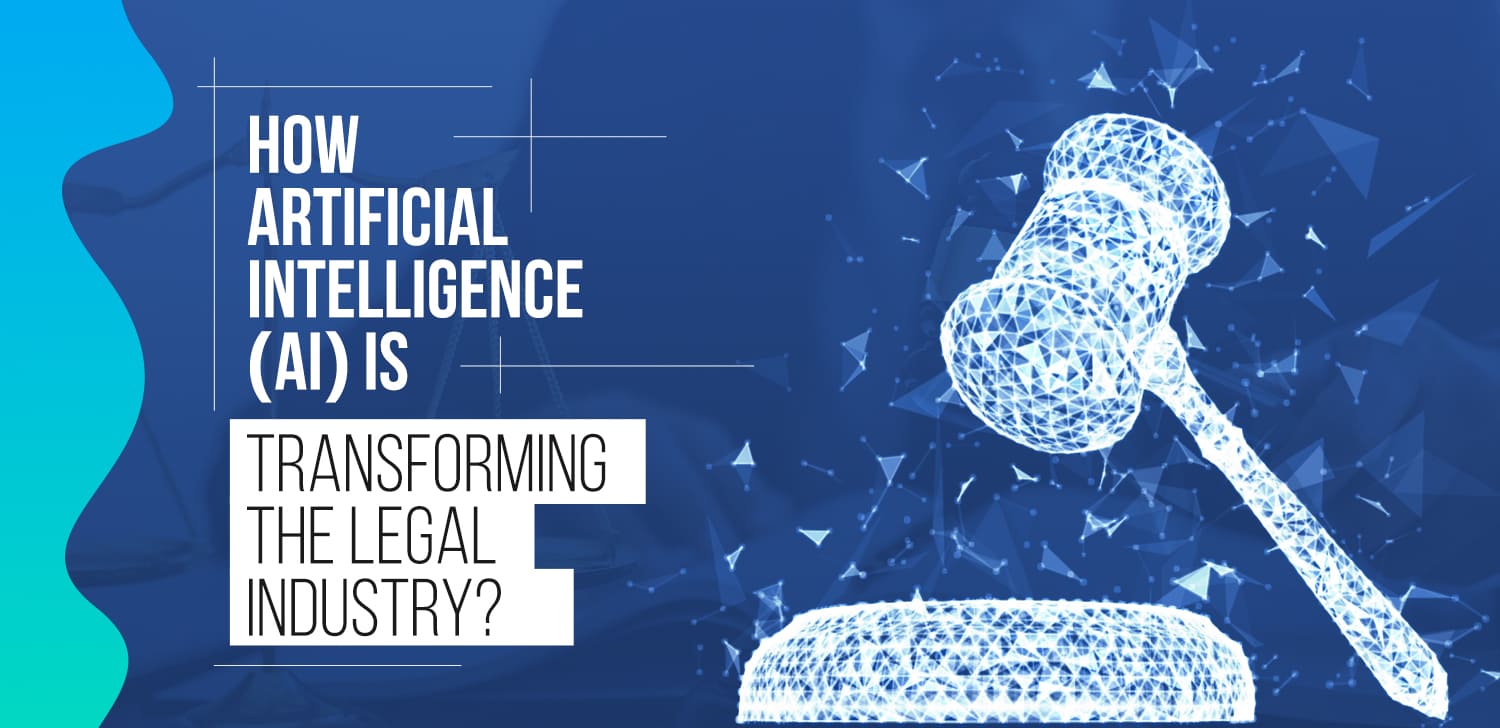Bridging the Gap: Ensuring Effective Generative AI Integration in Legal Teams
The rise of Artificial Intelligence (AI), particularly generative AI (GenAI), has opened new horizons in the legal landscape. While this technology promises to redefine numerous aspects of legal work, its successful integration remains challenging. Understanding these complexities is essential for legal teams aiming to adopt AI while navigating the evolving requirements of their practice.
Understanding the Historical Context
To grasp the implications of GenAI in the legal profession, it’s worthwhile to reflect on how we arrived at this juncture. Advances in AI, notably the transformer architecture, have catalyzed a surge of revolutionary tools that efficiently process sequential data like natural language. One significant milestone in this journey was the influential research paper “Attention is all you need”, published in 2017, which established foundational principles behind modern AI technologies.
As these technologies become more commercially viable, they pose both disruptive potential and opportunities, particularly within legal service methodologies and frameworks. Consequently, the legal industry is witnessing both excitement and skepticism about AI, leading to complex dialogues surrounding its adoption and effective usage.
 The integration of AI into legal teams requires careful consideration of available data and governance structures.
The integration of AI into legal teams requires careful consideration of available data and governance structures.
The Core Problem: Data Accessibility and Quality
The backbone of modern AI systems is their data. For law firms aiming to leverage AI effectively, access to rich, comprehensive legal data is non-negotiable. This includes essential materials such as historical case files, documentation precedents, legislative texts, and various forms of legal literature. The realization is clear: without high-quality datasets, the AI’s effectiveness remains highly compromised.
Moreover, evaluating and cleaning the data prior to AI integration is crucial. Legal teams must act to ensure data accuracy, relevance, and completeness to optimize the technology’s capabilities. It’s imperative that organizations prioritize data governance as a foundational component of their AI strategy.
Preparing for Transformation
The adoption of AI within legal operations goes beyond mere technology integration; it necessitates a cultural shift. Teams must foster an environment that embraces change and innovation. The integration of AI, framed as a critical infrastructure layer, can yield profound shifts in legal practice, including optimizing workflows and enhancing decision-making processes through advanced analytics.
In fact, AI can illuminate previously hidden correlations and trends within vast arrays of legal data, offering invaluable insights that could reshape strategies and outcomes for legal professionals. However, without the right mindset and a robust governance framework, these benefits could remain untapped.
The Role of Frameworks in Model Selection
In parallel with these developments in the legal sector, the emergence of platforms like Mozilla.ai’s Lumigator aims to streamline the process of LLM (Large Language Model) selection and enhance model integration into various applications. Initiatives such as Lumigator prioritize transparency and efficiency, helping teams select models based on task-specific metrics—an increasingly essential approach as organizations seek to avoid the pitfalls of hasty decisions driven by hype.
Mozilla.ai highlights this tool as a reliable compass for teams navigating the AI landscape, as it offers a structured framework to evaluate different models systematically. The early skepticism surrounding AI’s practical implications often stemmed from the lack of evaluative tools in the industry, causing many development teams to struggle with model selection.
Ensuring the right technological foundation is key for successful AI integration.
Future Prospects and Planned Developments
The vision behind Lumigator extends beyond model selection; it encompasses the entire lifecycle of AI integration, including fine-tuning and real-time monitoring of AI models. The startup is paving the way for enhanced capabilities through its upcoming closed alpha release, projected for November 2024, with public availability anticipated shortly after. This systematic evolution of AI capabilities is expected to assist legal professionals in experimenting with and honing AI tools for their specific needs.
Through this evolution, organizations will be empowered to experiment and implement AI strategically, ensuring that teams remain aligned with their overarching business goals while navigating the complexities of modern legal practices. As teams engage in the continuous journey of AI integration, they will benefit from proactive resources that enhance their understanding and operational effectiveness.
Conclusion: Embracing a Paradigm Shift
The integration of generative AI within legal teams represents not merely a technological upgrade but a profound cultural shift. It calls for an openness to change and an infrastructure capable of supporting new methodologies. Legal teams must acknowledge AI’s potential as a vital component of their strategic framework, committing to an ongoing evaluation of both their data quality and their AI governance practices.
Fostering an environment that encourages experimentation, learning, and collaboration across disciplines will ultimately determine the success of AI initiatives in law. As organizations begin to grasp the predictive and analytical powers of AI, they may find themselves not just keeping pace with change but leading it. The road ahead is paved with challenges, but the opportunities for growth and transformation in the legal landscape are immense.













